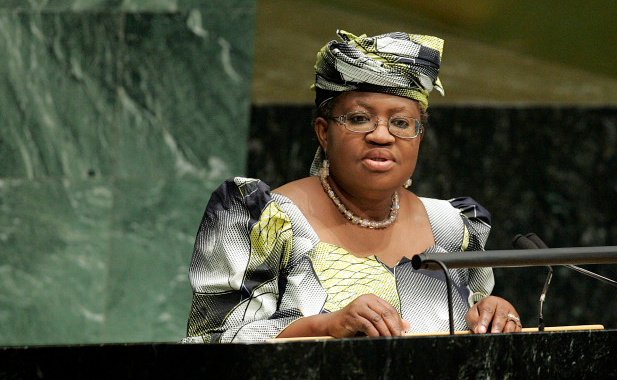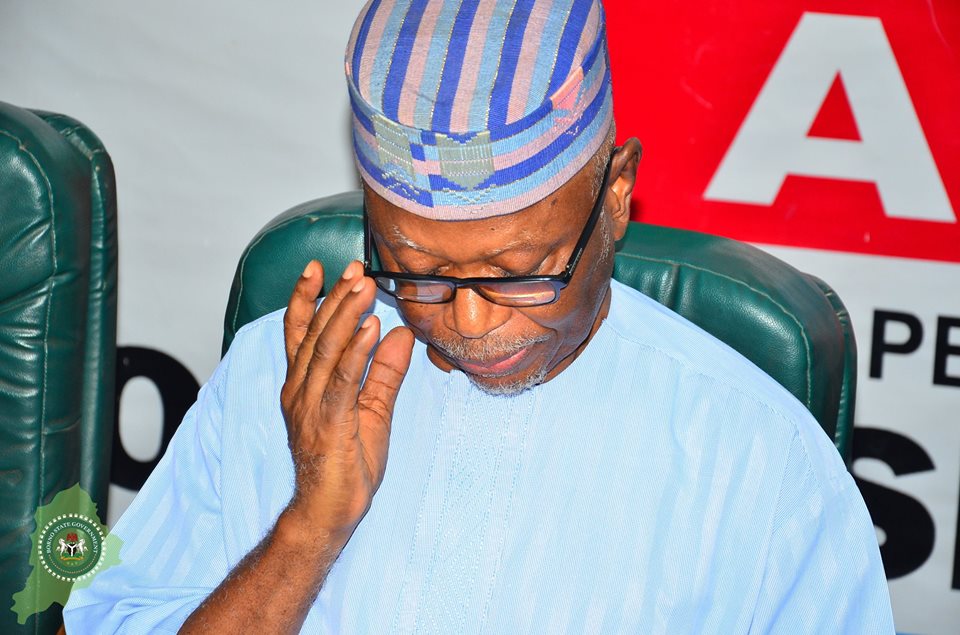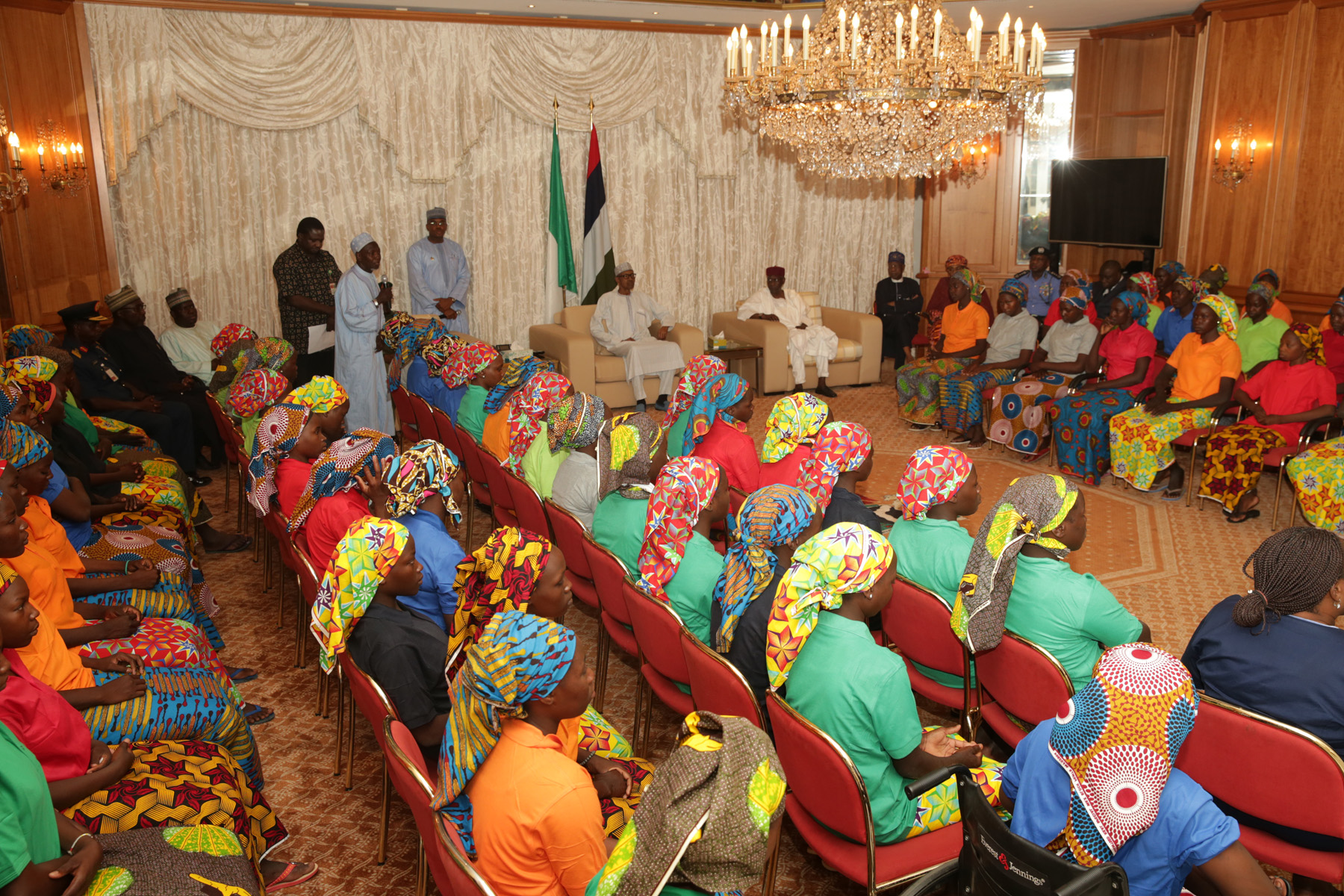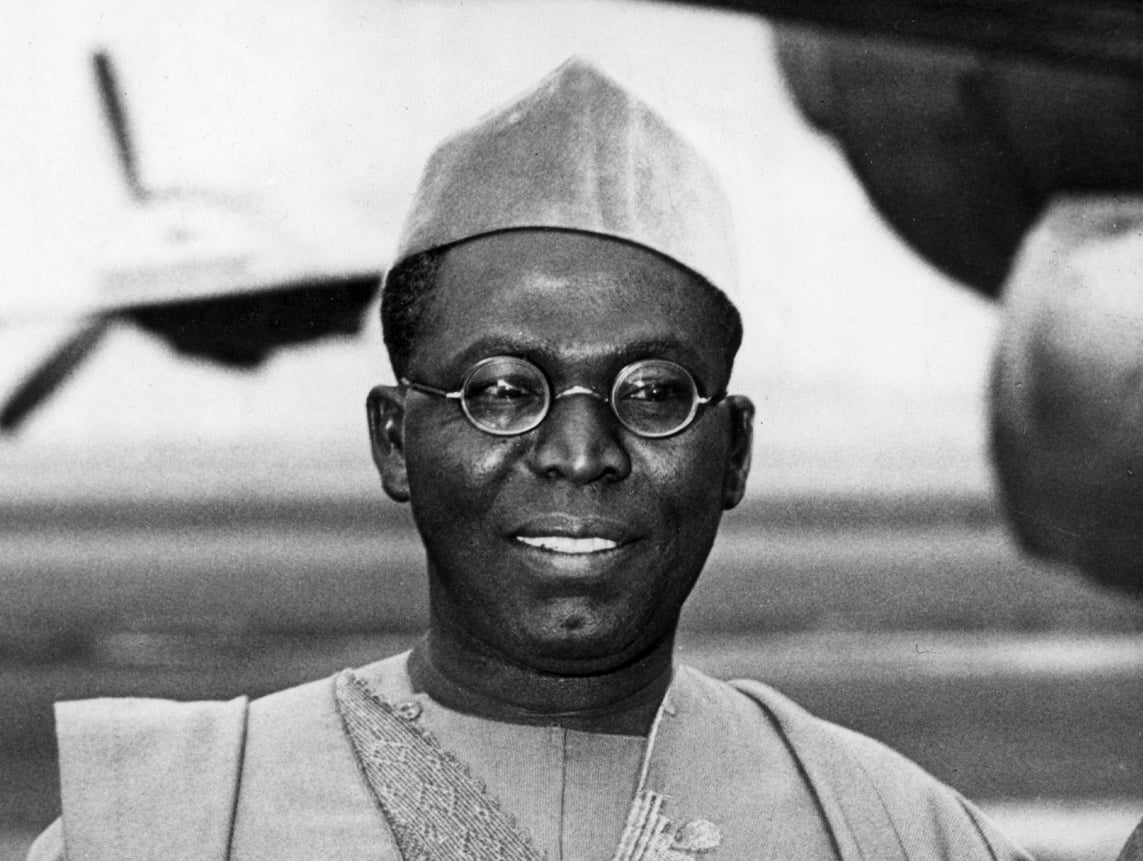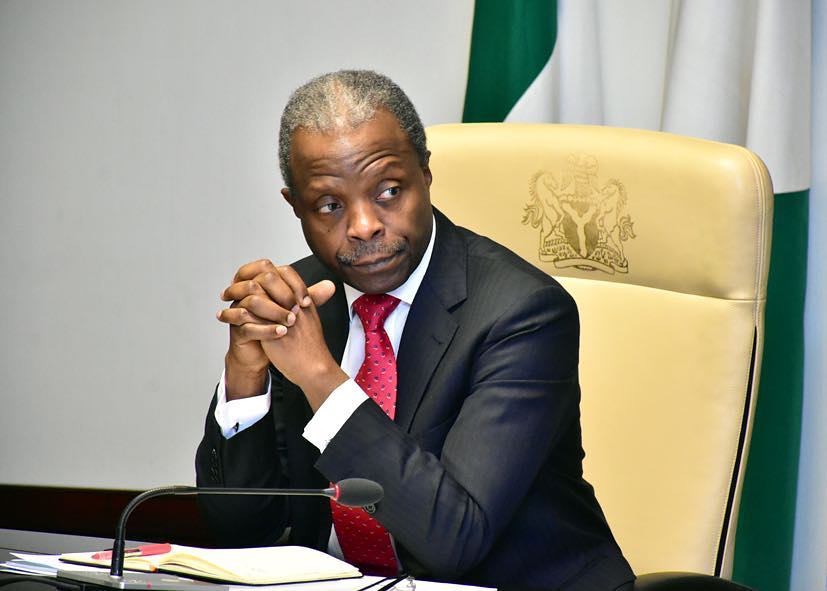BY UWA EGHOMEKA
In January of this year, there was a lot of talk about the ghost workers syndrome in the country with some very heavy, almost depressing, figures reeled out detailing how much the government had lost paying salaries to phantom employees.
Naturally, after a while, the stories died down and everything returned to ‘normal’. Then, recently, it was all over the news that the Nigerian Army was one of the next bodies to have their data uploaded on the almighty IPPIS and the Finance Minister, Kemi Adeosun, expressed her optimism that this would further bring down the current payroll allocation as exact figures of active personnel would be discovered.
One need not be an economist to understand how money works. Every coin has two sides, the same with every economy. And what the government is trying to do is to work from both sides of the coin; increase revenue and decrease spending – in this case by blocking leakages.
Advertisement
The Integrated Personnel and Payroll Information System (IPPIS), is one of two initiatives introduced by former finance minister, Dr Ngozi Okonjo-Iweala, which have helped to do just that. Since the introduction of IPPIS, more ghost workers have been discovered than any other time in our national history.
This is just one of the ways government can streamline its spending. The second is the Treasury Single Account (TSA) which allows government, MDAs, and parastatals to warehouse their funds in a single account as opposed to what obtained in the past.
In addition to launching the IPPIS and TSA, Dr Okonjo-Iweala also started the Nigeria Mortgage Refinance Corporation (NMRC), Development Bank of Nigeria (DBN), operationalised the Sovereign Wealth Fund (SWF), and pushed Government Integrated Financial Management Information System (GIFMIS). Coupled with these, she led the Economic Management Team (EMT).
Advertisement
This was the internationally endorsed economic team that was saddled with the responsibility of bringing down Nigeria’s huge debt portfolio. Dr Okonjo-Iweala’s team was able to see to the wiping out of US$30 billion of Nigeria’s debt, including the outright cancellation of US$18 billion which President Olusegun Obasanjo, in his memoirs, admitted would not have been achieved without her influence and hard work.
Dr Ngozi Okonjo-Iweala has always believed in systems and institutions as the best weapon against the challenges faced in Nigeria, by Nigerians and she has always said as much. No wonder she spent her years in service ensuring that these institutions were set in place to give the nation an opportunity for a better future.
Views expressed by contributors are strictly personal and not of TheCable.
Add a comment
